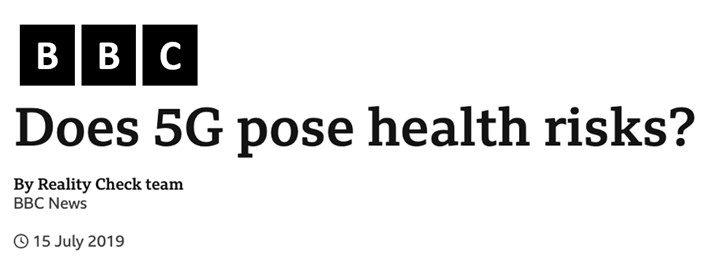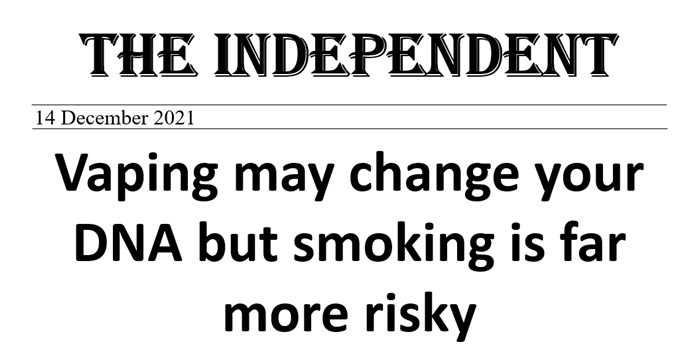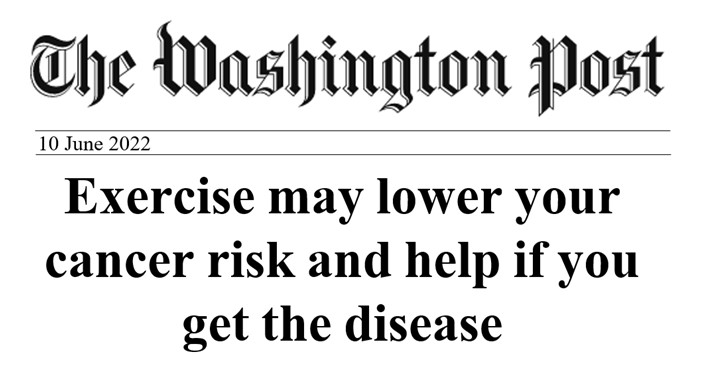© Cardiff University 2024
There are many myths surrounding causes and cures for cancer. We’ve been told that when people are diagnosed they are often overwhelmed with information from well-meaning friends and family about what they should be trying to do.
Tenovus Cancer Care supported a project called Unique You at Cardiff University which looked at some of the myths surrounding cancer to try and understand the science behind them. Please click on the headlines to find out more about what the science tells us.
We hope that sharing these will help reduce the misinformation surrounding cancer. If you hear any unusual or confusing headlines around causes or cures for cancer, please let us know and we’ll do our best to clarify what the evidence is. Please email insight@tenovuscancercare.org.uk













